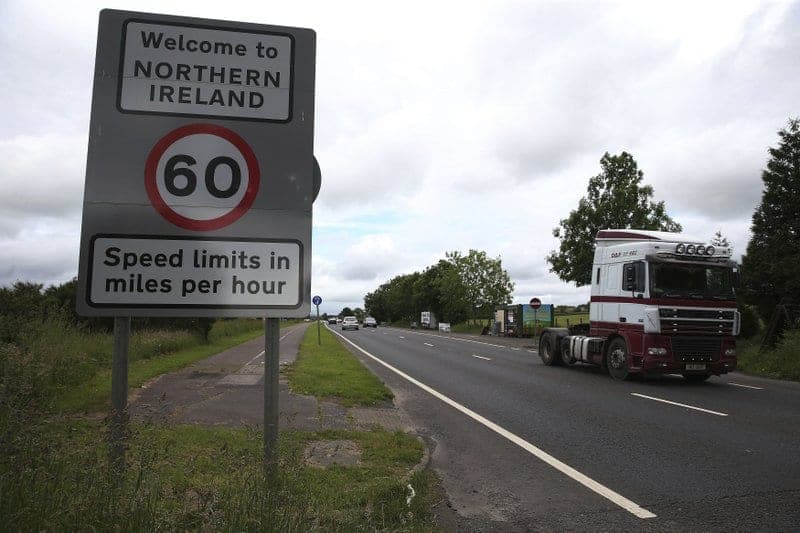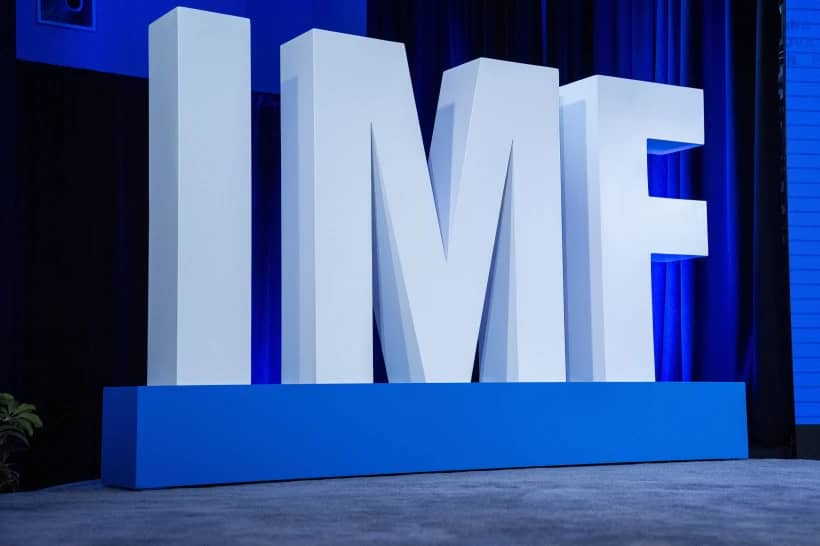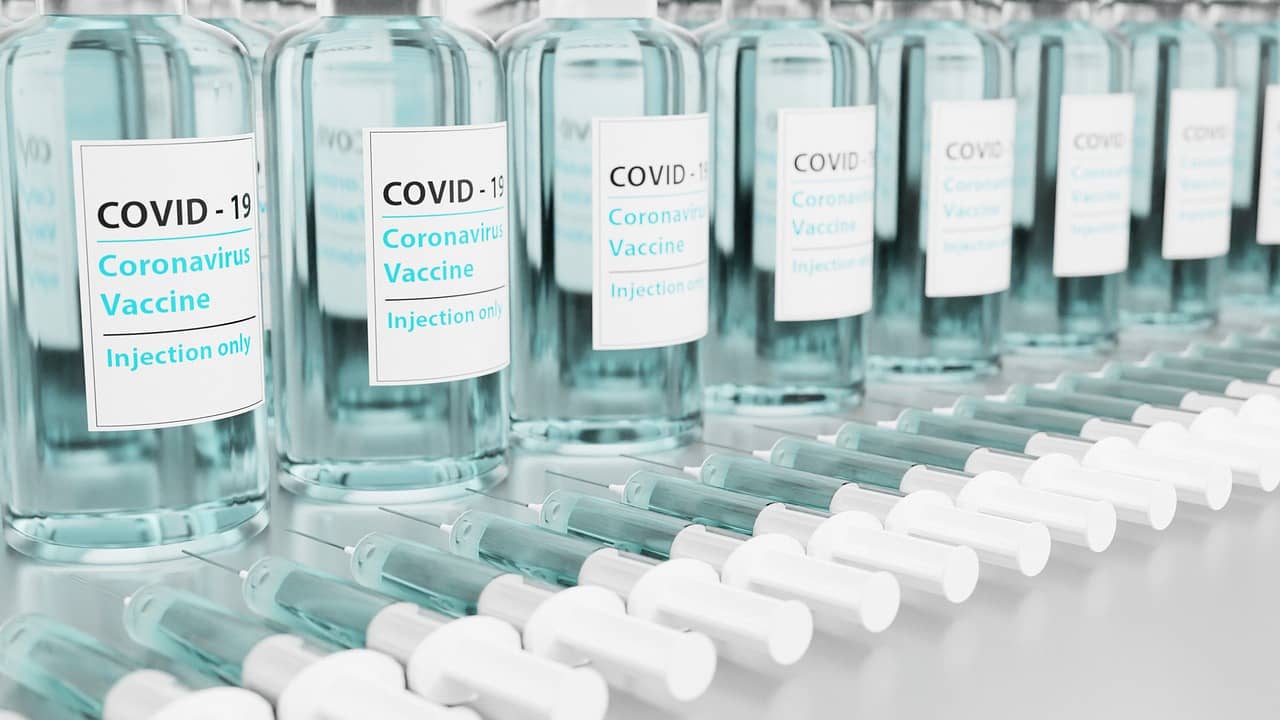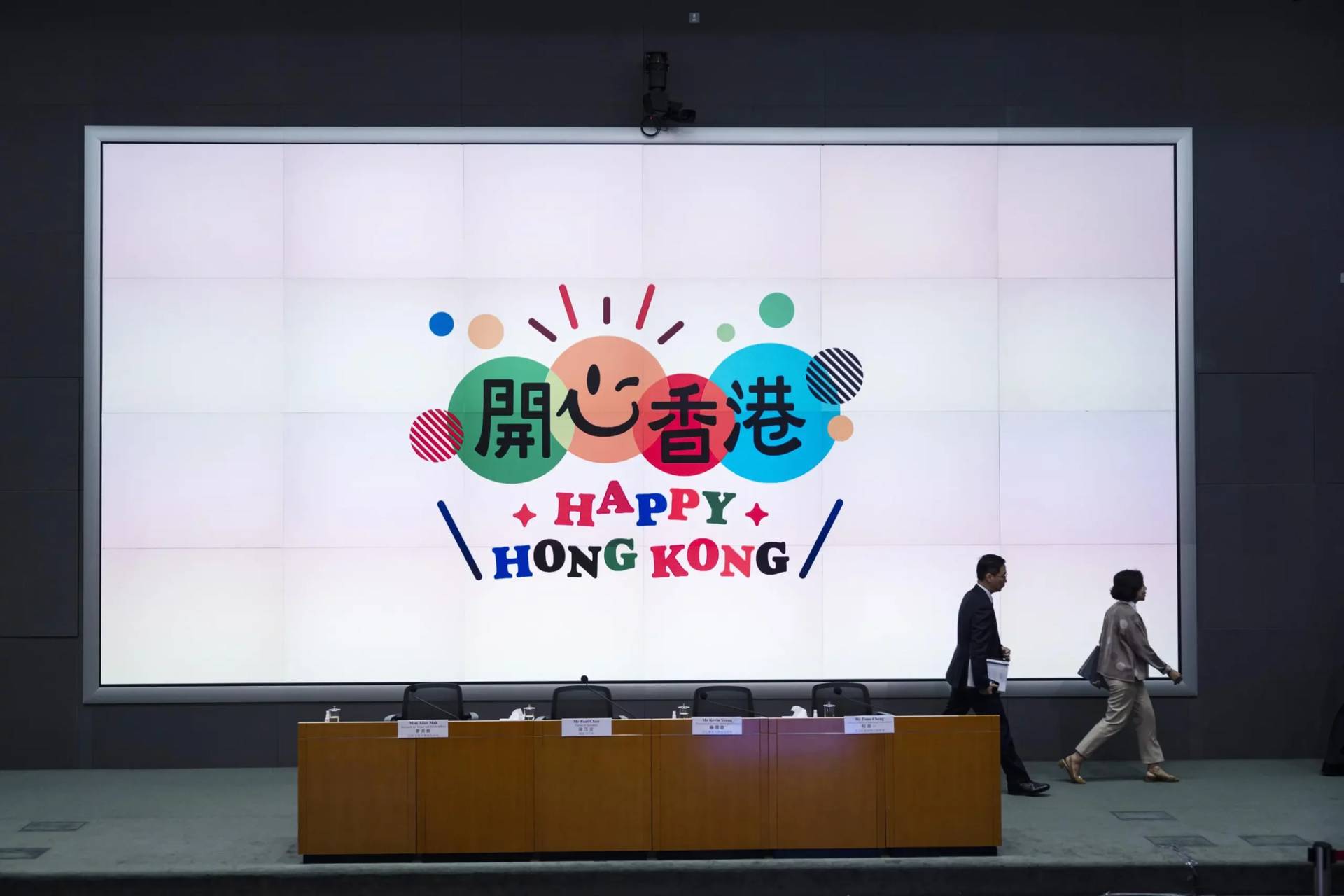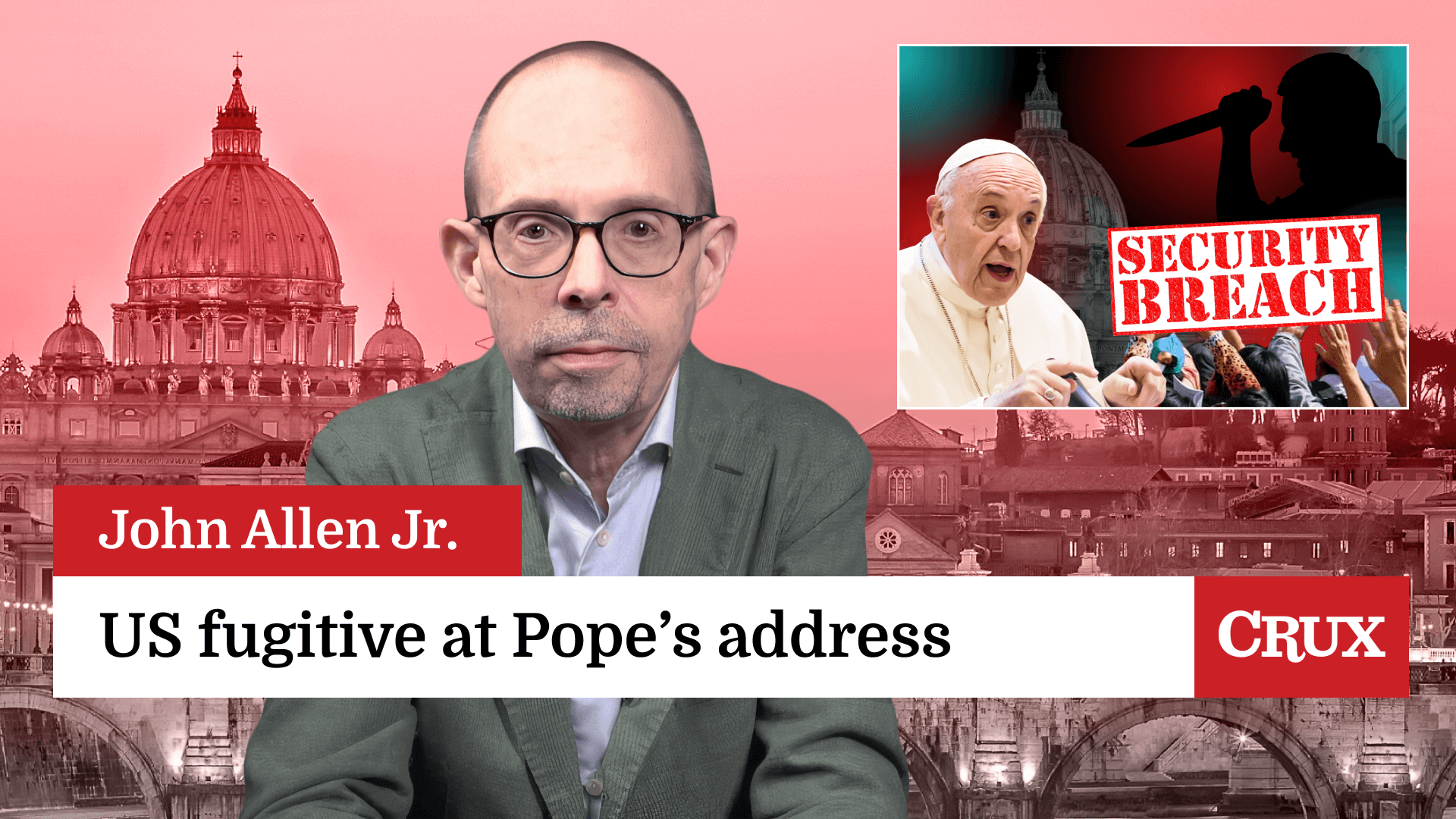BELFAST – While everyone in Northern Ireland in one way or another found their lives scarred by the 40-year Catholic/Protestant conflict known here as “the Troubles,” few experienced it quite as dramatically as Declan O’Loan and his wife, Baroness Nuala O’Loan.
Nuala is a former Police Ombudsman and Declan a former member of the Northern Ireland Assembly, making them a “power couple” among the north’s 750,000-strong Catholic population.
Due to their positions, both O’Loans have had a first-hand experience of what the violence was like during the decades of civil unrest, and the scar it’s left in the region. As a matter of fact, Nuala survived an attack in the University of Ulster. She was pregnant at the time, and the injuries caused her to have a miscarriage.
The peace process that produced the 1998 Good Friday Agreement, Declan said, has been only a partial success. On the plus side, there’s a sense that major violence has stopped and shows no signs of coming back.
“Nonetheless, the overall situation is far from reconciled,” he said. “Witness to that is the fact that the assembly has not met since January of last year. We can’t form a government. The longer this goes on, the more evidence there is that Northern Ireland is an ungovernable place, an unstable entity.”
By law, the assembly is composed of both Unionists and Nationalists, and the fact that the leadership cannot overcome political and ideological differences to work together, the O’Loans argued, makes anxiety at the grassroots level understandable.
They believe that the tide might change in the near future, and the United Kingdom’s decision to begin the process to leave the European Union after a referendum known as Brexit, will play a key role.
Brexit, Declan said, is causing a “change of heart” in the Protestant community, that leads them in “quite large numbers” to apply to get an Irish passport, “which was unthinkable” even two years ago. Over 55 percent Northern Irish, he said, voted to remain in the EU.
In addition, Nuala said, the British government today has “two trust issues” that are leading to contradictory measures when it comes to national borders.
On the one hand, there’s a promise that leaving the European Union will not have an impact on the relative freedom of movement at a continental level. Yet, there’s currently a counterterrorism bill in the senate that would allow for border controls to be reinstated on the island.
“I think that any attempt to put check points back on the border would have the capacity to destabilize things quite dramatically, and get a violent reaction,” Nuala said.
Also influencing the future of Northern Ireland, both said, is a demographic change that could have the potential of leading to the unification of Ireland.
Fueled both by immigration, with a large Polish community setting up residence in Belfast and other cities, and emigration, with young people going to England for university studies and a majority of Protestant graduates not coming back, is changing the statistics.
In a region where the ratio once was of two Protestants for every Catholic, statistics show that between 2021 and 2026, a numerical balance among those of voting age will be reached.
Declan, born and raised in Northern Ireland, said he feels an “informed desire” that the island will be unified in his lifetime. For instance, he said, a major economic report released recently recognized the “substantial economic merits of unity.”
According to Nuala, who sits in Parliament, for the British Government the Northern Ireland issue “is [already] resolved,” and they’re not paying attention. Their only concern about unity, she said, would be a domino effect, encouraging Scotland to leave the United Kingdom too.
The Catholic Church’s role
Asked about the role the Catholic Church plays in the debate over the future, Nuala is quick to say “none,” even if she conceded the description is “slightly unfair.”
When she first got to Northern Ireland from England when she married Declan 40 years ago, she said, Nuala heard priests speaking about a “Free State,” and in that they reflected popular sentiment.
“The Catholic people of Ireland felt that their country was taken from them, put into a foreign land almost,” she said.
“The Catholic Church was a great unifier,” Declan argued. “During ‘the Troubles’ years, the bishops were incredibly solid, so there was a complete identity between the Church and the political dynamic towards civil rights and equality.
“Now church attendance is hugely diminished, but there nonetheless continues to be a strong cultural affiliation to the Church, attendance in Catholic schools is stronger than ever, even if their parents are only nominally Catholics,” he added.
Today, however, the Catholic bishops of the north, Nuala argued, are not a unified group and mostly stay away from the debate on unity because it would be perceived as “too political.”
Their efforts, she said, have been focused on “peace and reconciliation” with “cautious and tentative” ecumenical undertones, working wherever possible with leaders of other Christian churches.
Yet ecumenism, both O’Loans said, has its limits at the grassroots.
A long-standing conviction some Protestants have that Catholics are non-believers is still “very strong” in Northern Ireland, both said, and continues to fuel “anti-Catholic attitudes, which still are very much drivers of politics,” even if it has “mellowed fairly significantly in our lifetimes.”
In the end, Nuala said, if the landscape in Northern Ireland does change, it likely won’t be due to explicit leadership from the Catholic bishops.
“When I moved to the north [as a Catholic], the message I got was to not speak out, to avoid drawing attention, to keep my head down,” she said, adding that many bishops appear faithful to that advice even today.
